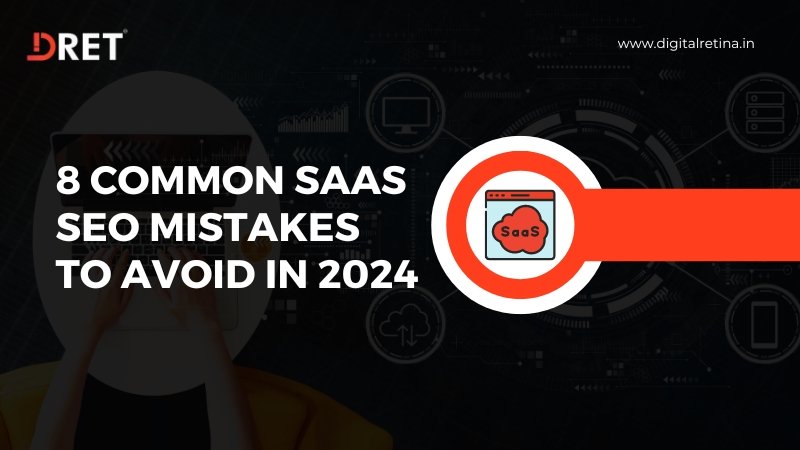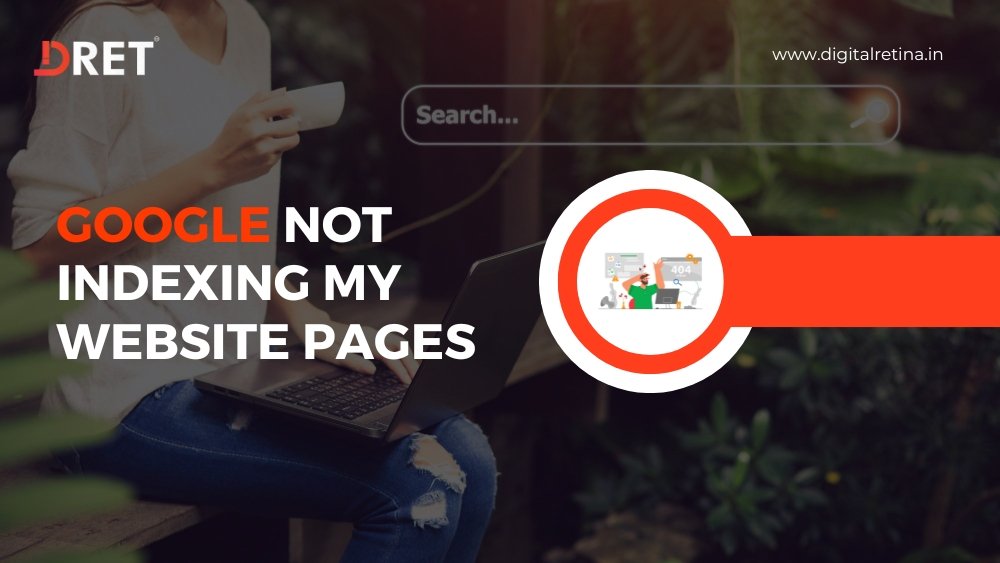
Google Ads Strategies for Campaign Mastery

Introduction
Navigating the world of online advertising can be daunting, especially with the ever-evolving landscape of Google Ads. As a fundamental tool for digital marketing, mastering Google Ads is crucial for businesses seeking to enhance their online presence. In this blog, we’ll delve into effective Google Ads strategies that can elevate your campaigns, ensuring they not only reach their target audience but also deliver significant results.
Understanding the Basics of Google Ads
Google Ads, formerly known as Google AdWords, is a comprehensive platform that enables businesses to display advertisements on Google’s search engine results pages (SERPs), partner websites, and within apps. This platform is instrumental in driving targeted traffic to websites, enhancing online visibility, and boosting conversions.
Fundamentally, Google Ads is built around a Pay-Per-Click (PPC) model. This means advertisers pay a fee each time their ad is clicked, making it a cost-effective method since you only pay for actual traffic to your site.
Campaign Types
Google Ads offers various campaign types, each tailored to different marketing goals:
Search Campaigns
These ads appear on Google SERPs. For example, a florist shop in Delhi might use keywords like “flower delivery Delhi” to trigger their ads when users search for these terms.
Display Campaigns
These involve visual ads that appear on Google’s Display Network. A new clothing brand could use attractive images to showcase its latest collection on various websites.
Video Campaigns
Ads in this category are shown on YouTube and other video platforms. A local gym might create an engaging video ad promoting their fitness classes.
Keyword Selection
The selection of keywords is a critical aspect of Google Ads. Keywords are the terms or phrases that users type into the search engine. For example, a PPC Company in Noida might target keywords like “best PPC services in Noida” or “Noida PPC experts” to attract businesses looking for local PPC services.
Ad Formats
Google Ads provides a diverse array of ad format options, such as:
Text Ads
These are simple, text-based ads that are straightforward to create. For instance, a bakery might use a text ad with a headline like “Freshly Baked Croissants in Mumbai.”
Responsive Ads
These ads automatically adjust their size and format to fit available ad spaces. A travel agency could use responsive ads to reach a broader audience across different websites and screen sizes.
Tracking and Analytics
Understanding how to track and measure the performance of your ads is crucial. Google Ads provides comprehensive analytics that helps advertisers understand how their ads are performing in terms of clicks, impressions, click-through rate (CTR), and conversions. For instance, an e-commerce site can track which ads lead to the most product purchases.
By grasping these fundamental aspects of Google Ads, businesses can effectively navigate the platform and begin to craft campaigns that resonate with their target audience, ultimately driving more traffic and conversions.
Advanced Targeting Techniques
Advanced targeting in Google Ads takes your advertising efforts beyond basic demographics, delving into user intent, behavior, and specific interests. This approach allows for more personalized and effective campaigns. Here are some of the key advanced targeting techniques:
1. Audience Segmentation
This technique involves dividing your audience into specific groups based on their interests, behaviors, and demographics. For instance, a luxury travel agency might target audiences interested in high-end travel experiences, distinguishing them from general holiday seekers.
2. Remarketing
Remarketing targets users who have previously interacted with your website or mobile app. For example, an online bookstore can show specific ads to users who visited their site but didn’t make a purchase, reminding them of the books they viewed.
3. Interest Targeting
Google Ads enables you to specifically target users by honing in on their individual interests. A gaming company, for example, could target users interested in video games, ensuring their ads reach the most relevant audience.
4. Location and Language Targeting
Businesses can target ads based on specific locations and languages. A PPC company in Noida, for example, might focus their ads on users in Noida who speak Hindi and English, maximizing their relevance to the local market.
5. Device Targeting
This strategy involves targeting users based on the devices they use, such as smartphones, tablets, or desktop computers. A mobile app developer could target ads specifically to smartphone users, encouraging them to download their app.
6. Ad Scheduling
Ad scheduling empowers you to strategically display your ads during selected days and times. A restaurant might increase their ad activity during weekends and evenings when potential customers are likely planning dining out.
7. Use of Custom Intent Audiences
Custom intent audiences enable advertisers to reach users based on the specific keywords and URLs they are interested in. For instance, a fitness equipment retailer can target users who have shown interest in gym equipment or fitness blogs.
These advanced targeting techniques enable businesses to refine their advertising strategies, making their Google Ads campaigns more effective and efficient. By leveraging these methods, companies can ensure that their ads reach the right people at the right time, significantly improving the chances of achieving their marketing objectives.
Keyword Optimization
Keyword optimization is a cornerstone of success in Google Ads. It’s about choosing the right keywords that are not only relevant to your business but also align with what your target audience is searching for. This process involves thorough research, selection, and continuous refinement.
Research and Selection
The first step is to conduct comprehensive keyword research. Use tools like Google’s Keyword Planner to find keywords that are relevant to your business and have a high search volume. For example, if you’re a PPC company in Noida, your research might reveal keywords like “PPC services Noida” or “Noida PPC experts.”
Understanding Keyword Types
1. Broad Match
Serving as the default match type, Broad Match casts the widest net to engage the broadest audience. If your keyword is “women’s hats,” your ad might show for searches like “buy ladies hats.”
2. Phrase Match
Phrase match keywords must appear in the search query in the same order. For instance, “luxury hotels” can trigger ads for “best luxury hotels in Paris.”
3. Exact Match
This type targets searches that match the exact term or are close variations of it. If your keyword is [Italian shoes], only searches for “Italian shoes” or close variations will show your ad.
Utilizing Long-Tail Keywords
Long-tail keywords are longer and more specific keyword phrases. They are less competitive and often have a higher conversion rate. A local bakery might target “gluten-free bakery in downtown Chicago” instead of the more broad “bakery.”
Negative Keywords
Incorporating negative keywords helps in filtering out unwanted traffic. For a luxury watch seller, adding negative keywords like “cheap” or “discount” ensures their ads aren’t shown to people looking for budget options.
Continuous Analysis and Adjustment
Constantly analyze the performance of your keywords and make adjustments as needed. Remove underperforming keywords and try new variations based on search trends.
By optimizing your keywords effectively, you can ensure that your Google Ads campaigns are more targeted, reducing wasted spend and increasing the likelihood of attracting genuinely interested prospects. This fine-tuning process is critical for maximizing the return on your advertising investment.
Ad Customization
Customize your ads to speak to your target audience. This includes crafting compelling ad copy, using relevant images or videos, and including clear calls-to-action (CTAs). Tailored ads are more likely to resonate with your audience, leading to higher engagement rates.
Leveraging Local SEO with PPC
For businesses targeting specific geographic areas, such as those in Noida, integrating local SEO with PPC campaigns can be highly effective. This approach ensures that your ads appear in local search queries, which is especially beneficial for businesses like a PPC company in Noida, aiming to attract local clients.
The Importance of A/B Testing
A/B testing is a crucial strategy in Google Ads. It involves creating multiple versions of your ads to see which performs better. This testing helps in understanding what resonates with your audience and can lead to more optimized and successful campaigns.
Analytics for Continuous Improvement
Analytics play a vital role in understanding the performance of your Google Ads campaigns. Regularly reviewing analytics allows you to make data-driven decisions, optimize your campaigns, and improve overall performance.
Conclusion
Mastering Google Ads requires a blend of creativity, analytical thinking, and ongoing optimization. By implementing these Google Ads strategies, businesses can significantly enhance their online advertising efforts. For those seeking professional assistance, Digital Retina, a PPC company in Noida, offers expert services to help you master your Google Ads campaigns and achieve remarkable success in your digital marketing endeavors.
Remember, the digital advertising world is dynamic, and staying ahead requires continuous learning and adaptation. With the right strategies and support, you can turn Google Ads into a powerful tool for your business growth.






